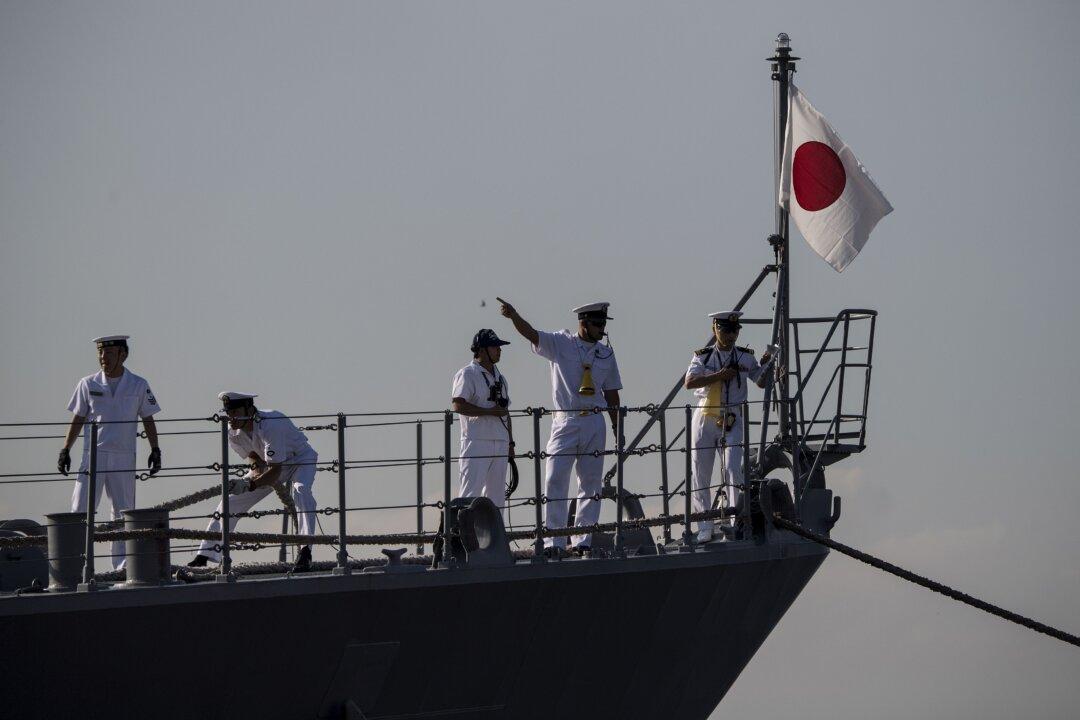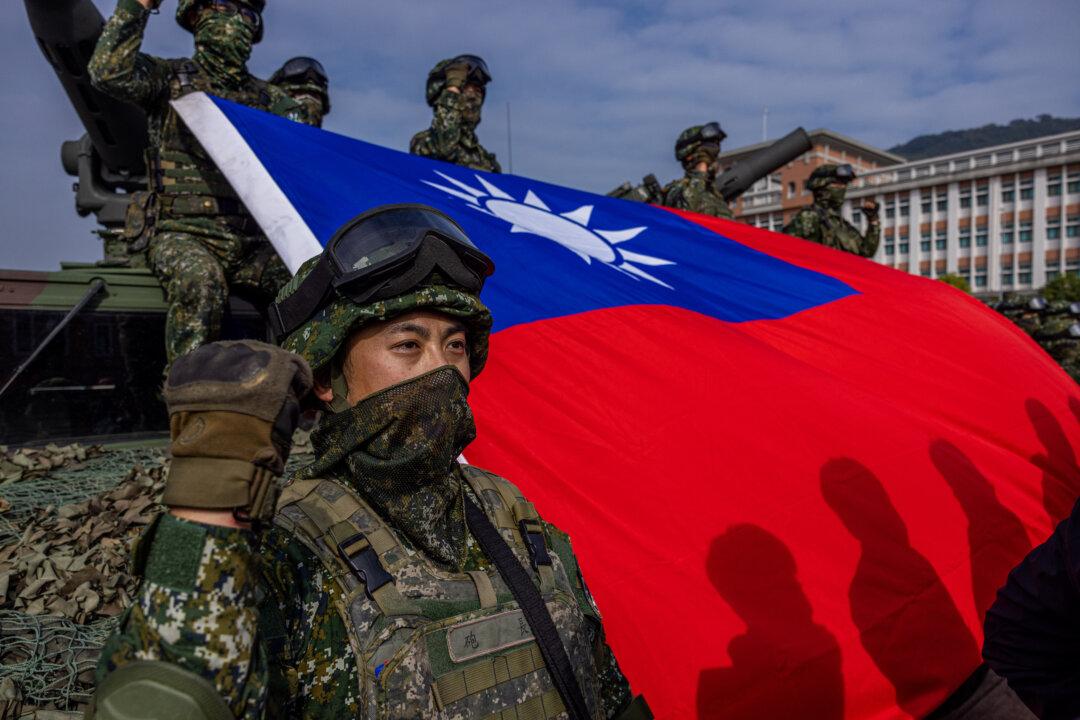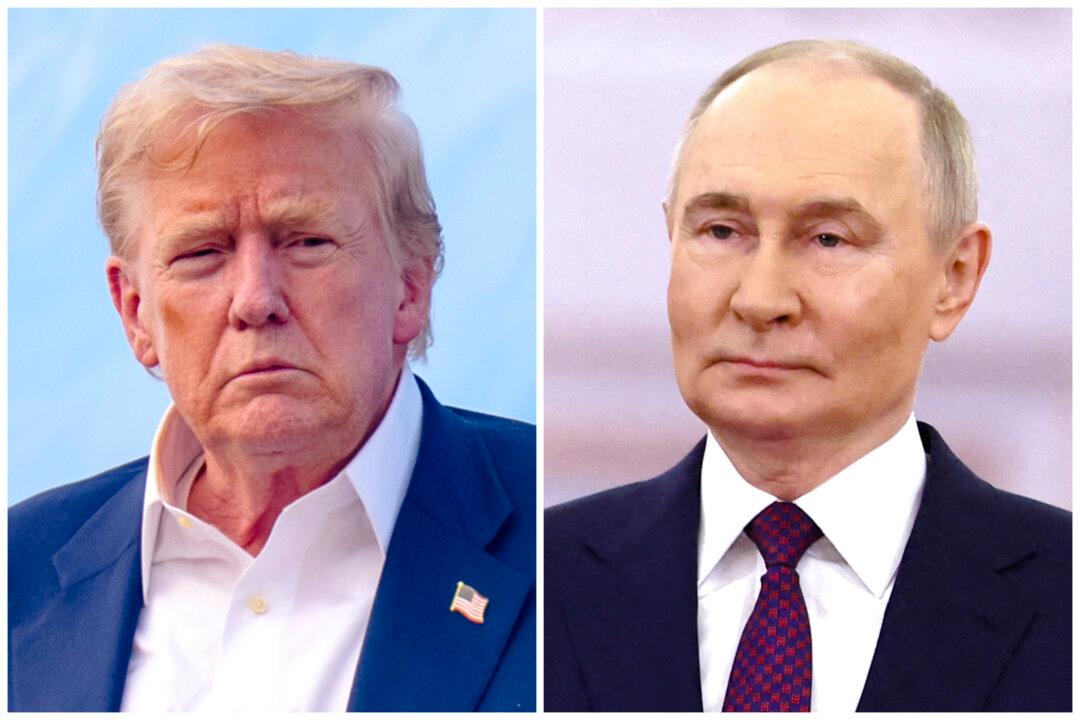Commentary
Japan’s recently released Defense White Paper highlights once again that the Japanese know they’ve got a problem with an aggressive, expansionist, resentful communist China. And Japan is trying to do something to address the threat. Japan has always seen Russia and North Korea as problems, but the Chinese regime is an entirely different danger.





